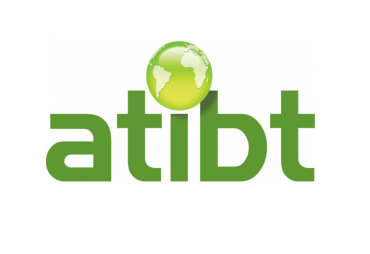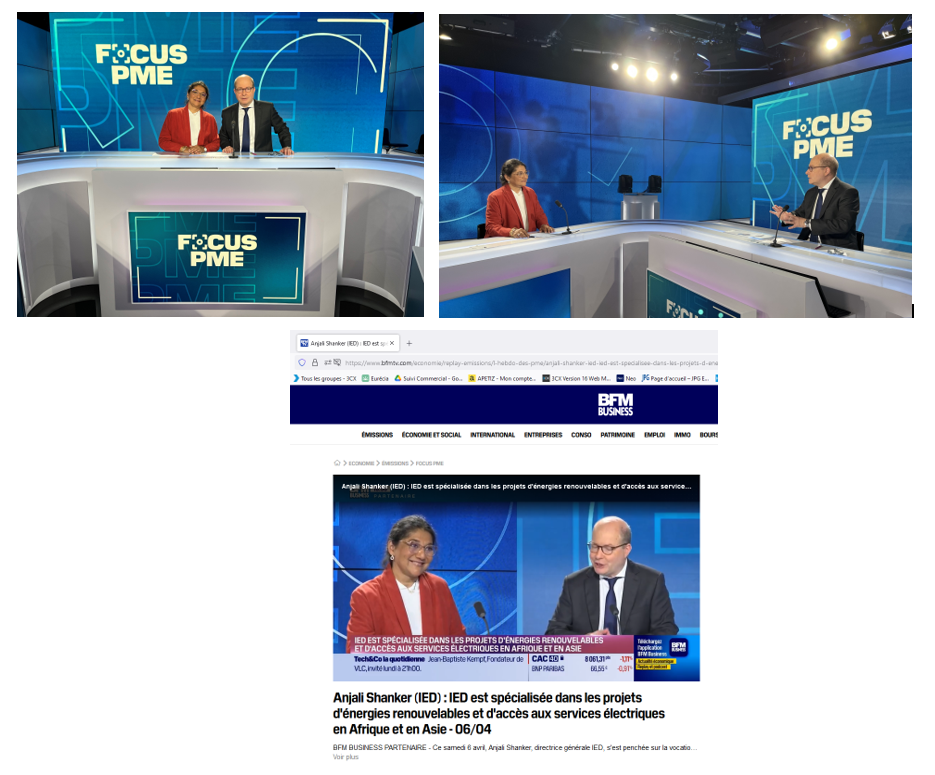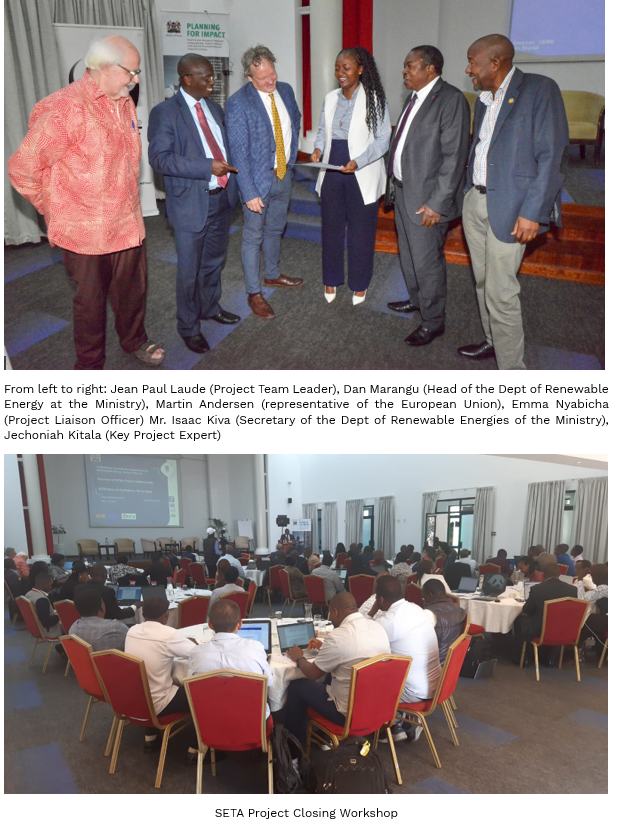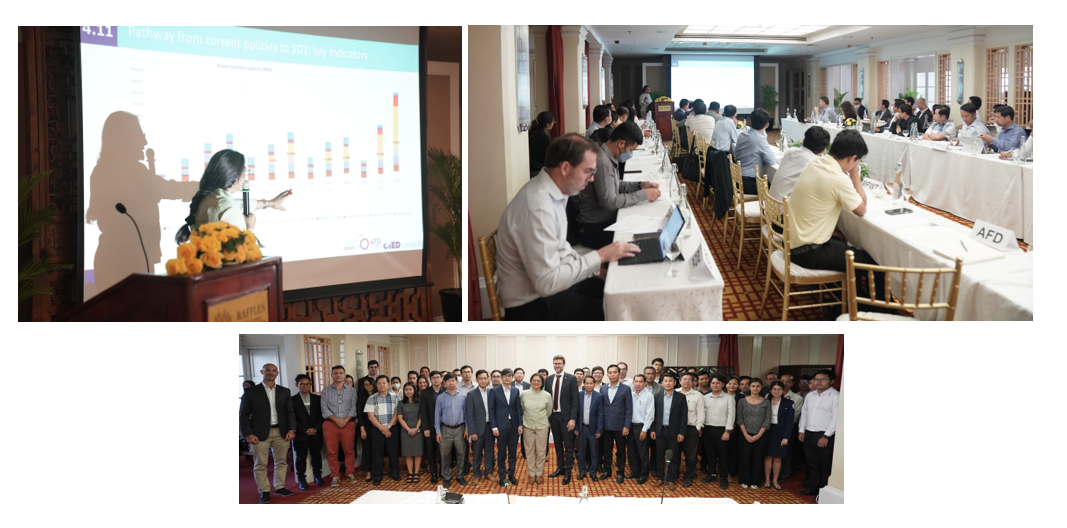IED Consult implements the Master Plan for Rural Electrification in Mali
To improve its population's access to electricity, Mali has entrusted IED Consult, the updating of its Rural Electrification Master Plan funded by the African Development Bank. This planning work is part of a vast project to overhaul the strategic and regulatory direction in the electricity field. According to optimized technical choices, it will enable Mali to evaluate, plan, mobilize and direct the necessary investments to the areas where electrification will have the greatest socio-economic impact.
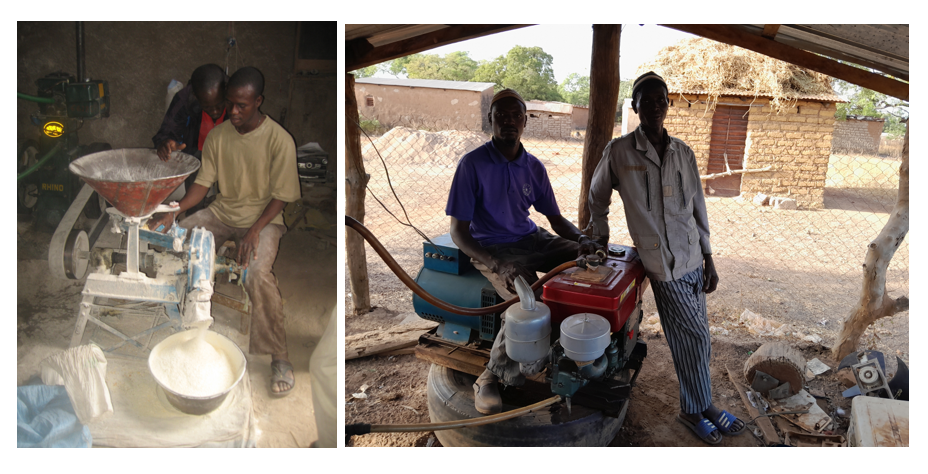
The study started at the end of 2023, with the realization of more than 1000 field surveys to establish rural demand forecast, and data collection to establish a georeferenced access to electricity database in Mali, cornerstones of a good geospatial planning work with our GEOSIM software!
At the end of the planning, IED Consult will carry out the study of the priority program for the next 5 years, which will lead to the Plan direct implementation.





